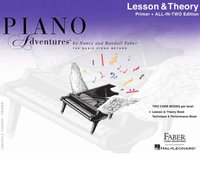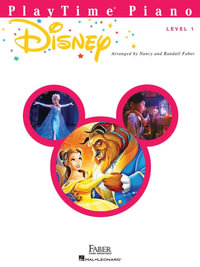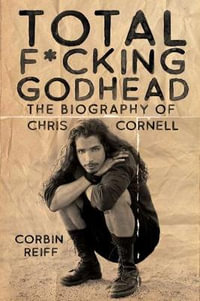'Sonic Signatures is a compelling and multifaceted exploration of what urban soundscapes at night mean for migrants. Edited by Derek Pardue, Ailbhe Kenny, and Katie Young, the collection distinguishes itself from previous literature on cities and night time through its unique points of view and articulations as well as its innovative approaches and analyses to investigating the multisensorial aspects of darkness.
Overall, Sonic Signatures offers invaluable insights on how music serves as a tool of cultural resilience, allowing migrants to maintain connections to their roots while adapting to new environments. The concept of the "sonic signature" emerges as a space where memories are encoded, and resistance is articulated, illustrating the deep connection between music and historical consciousness. The authors' explorations of night-time as a time of creativity, solidarity, resistance, and cultural expression provides fresh perspectives on the significance of the nocturnal. This novel approach of engaging with the night as a cultural space uncovers the hidden narratives of marginalized communities, demonstrating how the night can be a canvas for social transformation and sonic expression. Furthermore, the unique transdisciplinary structure of the book enriches the exploration of music and migration among a diverse range of contexts. It argues that music is not just a form of entertainment but a means of cultural resistance, enabling marginalised communities to assert their existence and adapt to new surroundings. The breadth of insights on the nocturnal musical experiences of migrant communities from South Africa to Germany to Brazil to Japan and further beyond provide much needed and comprehensive contributions to understanding how music serves as a medium for both adaptation and resistance within various migratory contexts.'
-- Amin Hashemi, Journal of the International Association for the Study of Popular Music
'The plural histories documented in Sonic Signatures are instructive, particularly when read in relation to other theories of cultural production, the construction of difference, sociality, and auditory communities. The volume's focus on migratory flux and cross-pollination models a scholarly approach that is both deeply historically and culturally specific, but also takes into account change and the ongoing multiple directionalities of communication and influence, particularly vis-a-vis various forms of media. Modalities of music-making, reception, and circulation are always feeding back into one another, and across social, cultural, and linguistic borders. 'We want the aural imaginary and it wants us', Kheshti wrote over a decade ago; the essays in Sonic Signatures testify to that desire.'
-- Caitlin Woolsey, Visual Studies
























